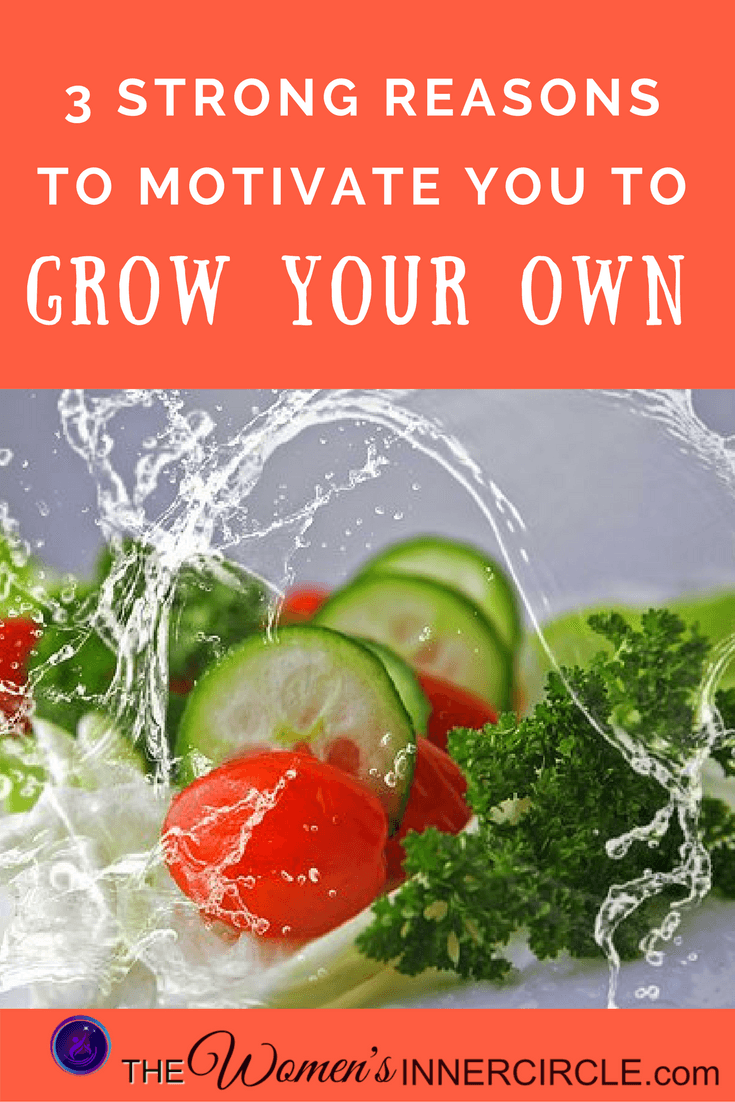3 Strong Reasons To Motivate You to Grow Your Own Salad
This is the first in a series of how to grow your own salad and to be able to do it all year round!
Salads make great summer meals but also are a tasty addition to your lunch or dinner any time of the year. They make the perfect light meal and we all know we should be getting more leafy greens in our daily diets.
Why not start growing your own lettuce, and other salad ingredients, so you have a steady fresh supply of greens at your fingertips? It’s a lot easier than you think and there are some very good reasons why you should grow your own salad.
It Tastes Better
Let’s start with the obvious one first. Homegrown salad just plain tastes better. It is fresh, has been grown in good soil, and hasn’t been washed, sprayed, and processed days before it makes it to your plate.
If you haven’t had fresh, homegrown lettuce before, you’re in for a wonderful treat. If you need a little more convincing get your hands on some fresh lettuce from a gardening friend or your local farmers market. You’ll be motivated to grow your own within a few bites.
You Control The Quality And Variety
One of the best parts of growing your own produce is that you control what goes in the soil and the plants. And you get to pick what varieties you want to grow. That means you have a lot more options than what your local grocer offers.
Grocery store produce varieties are grown for easy and uniform growth and longer shelf-life. Flavor and nutrition aren’t the main concerns. The opposite is true when you grow your own. You can pick varieties that taste amazing, but may not last more than a few hours in the fridge after you harvest them. You harvest them, and they go right on your plate!
It’s Healthier
Last but certainly not least, your home-grown salad will be healthier. Nutrients quickly start to deteriorate after produce is harvested. When you grow your own, you can go from soil to table in less than an hour. It doesn’t get any fresher than that, which means you get more of the vitamins, minerals and phytonutrients in your food.
Plus since you control the soil, the additives, and anything that happens to the plans while they grow, you can limit your exposure to pesticides, insecticides, etc.. When you grow organic, you know it actually is organic.
This is the true definition of ‘farm to table.’ If you’ve never tried a farm to table salad, put that on your to-do list for this week. I’ve had it at a friend’s house and in a farm to table restaurant. The difference in the taste might just motivate you to start growing your own!

